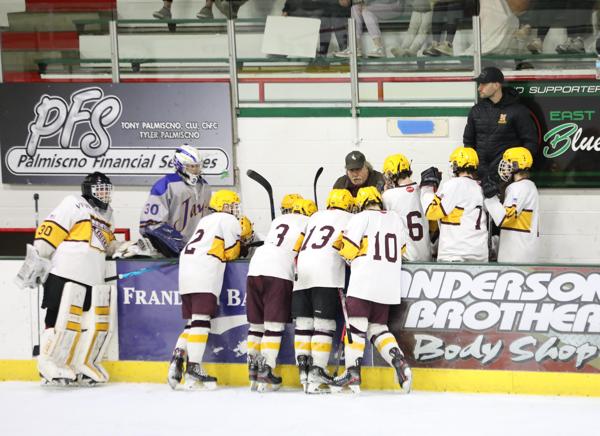Too often, coaches and hockey directors are getting calls, texts and emails from hockey parents about not playing enough to win. Moore believes that expectations for parents and players should be set at the start of the season, at a team meeting led by the coaching staff.
“My advice is to have a solid parent meeting and frank conversation early about what your philosophy is,” Moore said. “So, what is your approach to the power play, penalty kill and end of games? Lay it out in the beginning of the season so parents can decide if the program is right for them. A premium probably won’t be put on winning, but that doesn’t mean you don’t want to win, or won’t try to win.”
“Then, if issues crop up again later on,” he added, “coaches can always fall back on what was previously addressed. If you don’t properly convey this to parents, you can get yourself into trouble. Communication is always key.”
Moore says the policy with his team is when there’s five minutes or less in a game, and it’s a one-goal game, they want to give the kids a chance to win. However, “when you start doing that in the first and second period, there’s going to be kids who only get a few touches the entire game,” he said. “That happens when coaches get wrapped up in the scoreboard.”
“You typically don’t see a game on the line in the first or second period in a youth hockey game, so shortening the bench early on can get you in trouble, especially if you run a power play or a penalty kill. Typically, your best players are on special teams. This can lead to trouble and playing time gets skewed. I don’t believe you need special teams’ systems until 14U. Focusing on skill development, good habits and playing the right way between 8U and 12U will ultimately produce a better hockey player. There is plenty of time to focus on the scoreboard later.”



